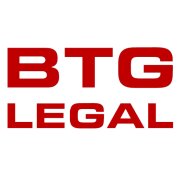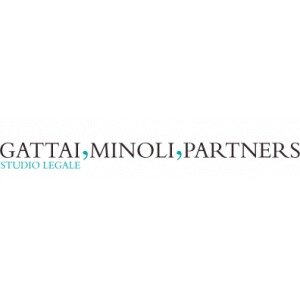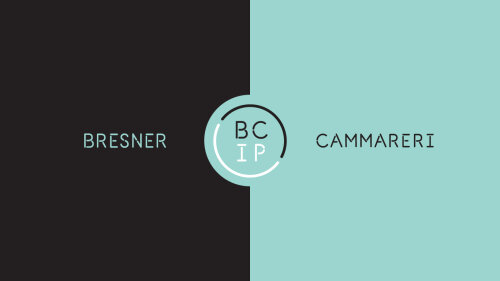Best Antitrust Litigation Lawyers in Milan
Share your needs with us, get contacted by law firms.
Free. Takes 2 min.
List of the best lawyers in Milan, Italy
About Antitrust Litigation Law in Milan, Italy
Antitrust litigation in Milan, Italy, refers to the legal processes surrounding the enforcement of competition laws. These laws are designed to prevent anti-competitive behavior among businesses, such as cartels, abuse of market dominance, and unlawful mergers. Milan serves as one of Italy's primary commercial hubs, making it an important center for antitrust cases that involve both national and international businesses. The legal framework in Italy is influenced by both Italian laws and European Union (EU) regulations, ensuring a competitive market and protecting consumers and businesses from unfair practices.
Why You May Need a Lawyer
The intricacies of antitrust laws can be challenging for individuals and companies alike. Common situations where legal assistance may be necessary include:
- Being investigated for anti-competitive agreements or suspected cartel activities
- Facing allegations of abusing a dominant market position
- Dealing with complex merger or acquisition approvals subject to competition review
- Seeking compensation for damages caused by anti-competitive behavior
- Responding to inspections or requests from competition authorities (known as dawn raids)
- Ensuring compliance with competition regulations in business contracts and practices
- Challenging decisions made by antitrust authorities before the courts
Having an experienced antitrust lawyer can help you understand your rights, structure your defense, and navigate the administrative and judicial processes effectively, especially given the stakes involved in such proceedings.
Local Laws Overview
Antitrust litigation in Milan is governed primarily by Italian Law No. 287 of 1990, known as the Italian Competition Act, as well as relevant EU regulations and directives. Some key aspects include:
- Prohibited Agreements: All agreements between companies that restrict competition, such as price-fixing or market-sharing, are banned.
- Abuse of Dominance: Companies in a dominant market position cannot exploit that status to exclude competitors or harm the market.
- Merger Control: Large mergers and acquisitions must be notified to the Italian Competition Authority (Autorità Garante della Concorrenza e del Mercato, AGCM), and may be blocked or conditioned if deemed harmful to competition.
- Enforcement Bodies: The AGCM is the main national authority, but some cases also fall under the jurisdiction of the European Commission, especially those with cross-border implications.
- Inspections and Dawn Raids: Authorities can conduct surprise on-site inspections to gather evidence of suspected antitrust violations.
- Fines and Sanctions: Antitrust violations can result in substantial fines, remedial measures, and even liability claims by affected businesses or consumers.
- Litigation Process: Disputes can be resolved through administrative procedures, civil litigation, or appeals before Italian courts, often requiring specialized legal expertise.
Frequently Asked Questions
What is antitrust litigation?
Antitrust litigation refers to legal actions involving the enforcement or defense against claims of anti-competitive behavior, typically based on violations of competition laws.
Who enforces antitrust laws in Milan, Italy?
The main enforcement body in Italy is the Italian Competition Authority (AGCM). In cases with broader European impact, the European Commission may also be involved.
What types of business practices are prohibited?
Practices such as price-fixing, market sharing, bid rigging, abuse of dominant position, and certain mergers without appropriate notification are all prohibited under Italian and EU law.
What are the penalties for breaching antitrust rules?
Penalties can include significant fines, measures to stop illegal conduct, disqualification of directors, and potential civil liabilities for damages suffered by third parties.
Can customers and competitors sue for damages caused by antitrust violations?
Yes, affected parties have the right to bring actions for compensation if they have suffered harm as a result of anti-competitive conduct.
What is a dawn raid?
A dawn raid is an unannounced inspection conducted by competition authorities to collect evidence of suspected antitrust violations, often at business premises or homes of key personnel.
How can companies defend themselves against antitrust allegations?
Strong legal representation is essential. Companies can provide evidence, present legal arguments, and appeal decisions if necessary, relying on specialized antitrust lawyers for their defense.
Is it necessary to notify all mergers and acquisitions to the AGCM?
Only transactions that exceed certain turnover thresholds as specified by law require notification to the AGCM. Legal consultation can clarify your obligations.
How long does antitrust litigation usually take in Milan?
Timelines vary depending on case complexity, evidence, and appeals process. Some cases resolve administratively in a few months, while court proceedings can last much longer.
How can a lawyer assist during an antitrust investigation?
A lawyer can advise on responses to authorities, represent clients during inspections, prepare legal arguments, negotiate settlements, and ensure procedural rights are fully protected.
Additional Resources
If you are seeking more information or require assistance, the following resources may be useful:
- Italian Competition Authority (Autorità Garante della Concorrenza e del Mercato - AGCM): The main national regulator for antitrust issues.
- European Commission, DG Competition: EU enforcement agency for cross-border and EU-wide competition issues.
- Cámara di Commercio di Milano: Provides general business law guidance and support for companies in Milan.
- Local Bar Associations (Ordine degli Avvocati di Milano): For referrals to certified competition lawyers in Milan.
- Chamber of Arbitration of Milan: For alternative dispute resolution methods including arbitration and mediation in commercial matters.
Next Steps
If you believe you require assistance with an antitrust litigation issue in Milan, Italy, you should:
- Document all relevant facts and correspondence related to your case.
- Contact a qualified antitrust lawyer familiar with Milan's legal context for a confidential consultation.
- Cooperate with any investigations, but refrain from making statements to authorities without legal advice.
- Review contracts and commercial practices to identify potential risks with your legal counsel’s help.
- Stay informed about both national and EU competition regulations to ensure ongoing compliance.
Taking these steps will help you protect your legal rights and interests, reduce potential liabilities, and position your business or personal interests for a favorable outcome in any antitrust matter.
Lawzana helps you find the best lawyers and law firms in Milan through a curated and pre-screened list of qualified legal professionals. Our platform offers rankings and detailed profiles of attorneys and law firms, allowing you to compare based on practice areas, including Antitrust Litigation, experience, and client feedback.
Each profile includes a description of the firm's areas of practice, client reviews, team members and partners, year of establishment, spoken languages, office locations, contact information, social media presence, and any published articles or resources. Most firms on our platform speak English and are experienced in both local and international legal matters.
Get a quote from top-rated law firms in Milan, Italy — quickly, securely, and without unnecessary hassle.
Disclaimer:
The information provided on this page is for general informational purposes only and does not constitute legal advice. While we strive to ensure the accuracy and relevance of the content, legal information may change over time, and interpretations of the law can vary. You should always consult with a qualified legal professional for advice specific to your situation.
We disclaim all liability for actions taken or not taken based on the content of this page. If you believe any information is incorrect or outdated, please contact us, and we will review and update it where appropriate.

















